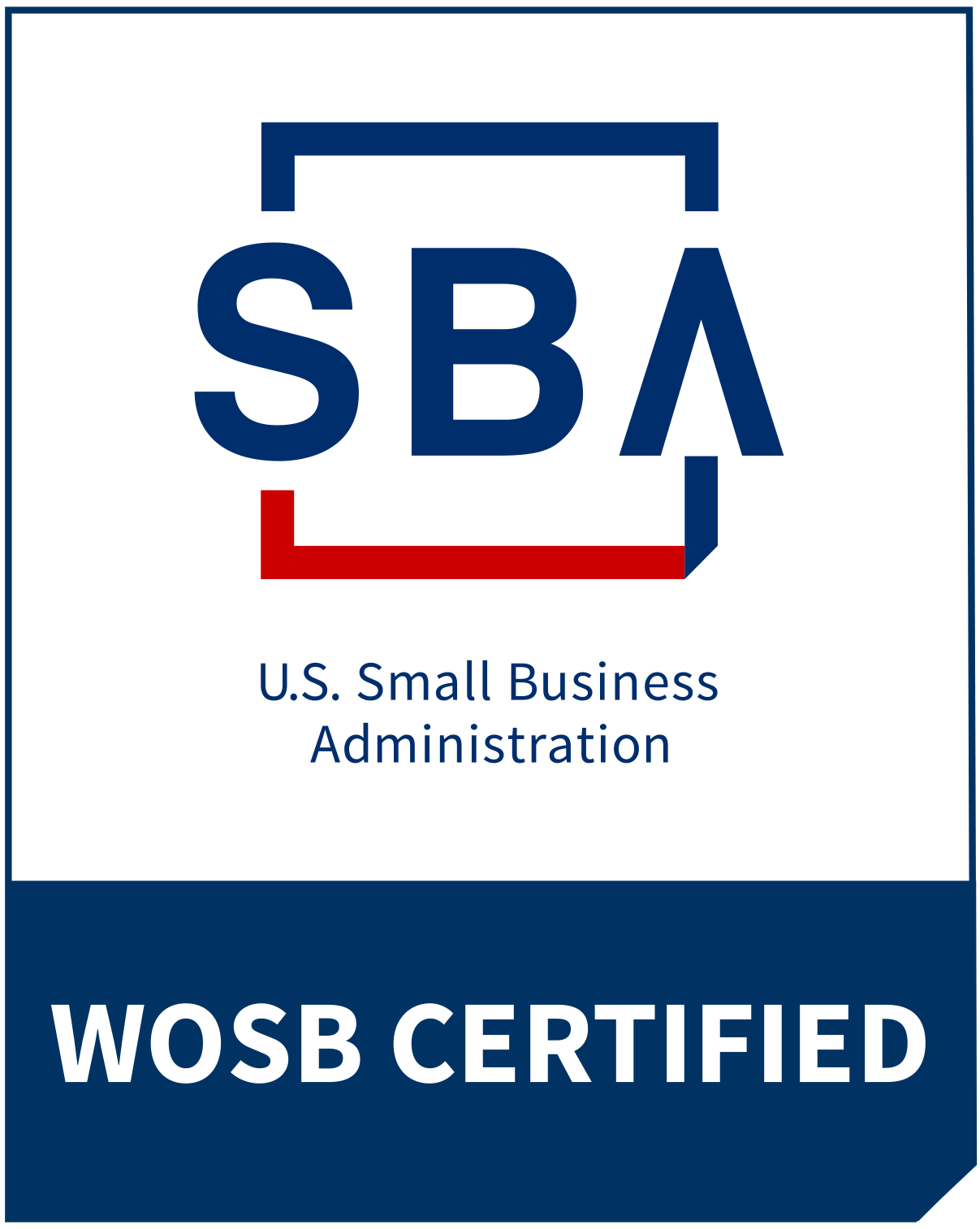It’s always rewarding to to soak up knowledge from a great thought leader (or six!). Here are some of The Garage Group team’s favorite new books about innovation, entrepreneurism, leadership and more. There’s still time to tack these onto the end of your summer reading list!
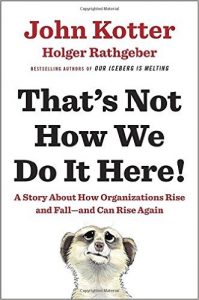 That’s Not How We Do It Here!
That’s Not How We Do It Here!
James Kotter and Holger Rathgeber
This meaningful read leverages the story of a meerkat clan to demonstrate how research and innovation can come from outside the executive team. The book focuses on Nadia, a frontline member of her clan of meerkats, who recognizes the need for change in order to stay alive in the quickly-growing predator world. She ventures out and explores the values and practices of other clans in order to make a strong case for creating a stronger, more effective and sustainable clan culture of her own.
Biggest Takeaway:
Leadership and management are not separate; they have to work together and can be found at all levels of any company. Team members should empower and enable each other to lead according to their strengths. Overall, we create value and build more effective organizations by eschewing the belief that only upper-level management can make decisions for everyone.
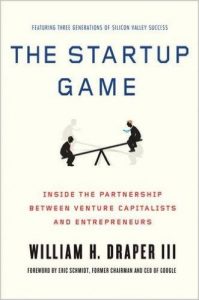 The Startup Game: Inside the Partnership Between Venture Capitalists and Entrepreneurs
The Startup Game: Inside the Partnership Between Venture Capitalists and Entrepreneurs
William Henry Draper III
This book offers a fascinating behind-the-scenes look into the genesis of venture capital and angel investors. The story is told from the perspective of three generations of venture capitalists (the author is the second generation). Draper’s keen ability to draw from all perspectives of the Draper empire is what sets this story apart from any other. Draper was alive to see Silicon Valley become what it is today, and he shares that wealth of knowledge in this book, illustrating his past successes and failures by revealing the details of some of his biggest business deals. The book helps to explain just what venture capitalism is, how it got started and where it is today.
Biggest Takeaway:
It pays to do your homework when it comes to research. Throughout his narrative, Draper demonstrates through many examples of successful companies that the more time and energy that was spent on research, the better the product and/or company did overall.
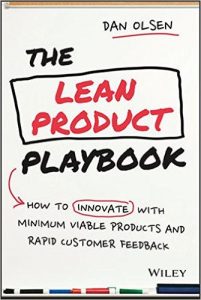 The Lean Product Playbook: How to Innovate with Minimum Viable Products and Rapid Customer Feedback
The Lean Product Playbook: How to Innovate with Minimum Viable Products and Rapid Customer Feedback
Dan Olsen
Olsen’s book is often featured in lists of the top 10 startup books, and for good reason. It’s a practical how-to review of techniques and case study applications, with lots of emphasis on customer feedback. Startup customer feedback techniques like those outlined by Olsen remind us of ways that we can take smart shortcuts in our research practices, compared to traditional market research thinking.
Biggest Takeaway:
Our favorite quote from the book is: “The main reason products fail is because they don’t meet customer needs in a way that’s better than other alternatives.” A direct application of this caution is to be sure to continue asking, “What difference would this make in your life?” when concept testing. If customers can’t come up with a meaningful answer, then we need to keep pushing the envelope on innovation.
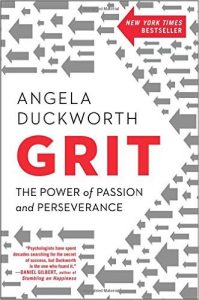 Grit: The Power of Passion and Perseverance
Grit: The Power of Passion and Perseverance
Angela Duckworth
Relentless drive, persistence and passion can be far more effective than raw talent; yet, as a society, we tend to “prefer our excellence fully-formed,” placing more of a natural bias toward people who have natural aptitude for certain skills. Through Duckworth’s study of grit (determination + direction), she discovers commonalities among people who pick one thing and stick with it over time. In a world where enthusiasm runs rampant, endurance is a more rare trait that must be equally embraced in order to get the important things done. Duckworth explores how paragons of grit (from child contestants at the National Spelling Bee, to world-class athletes and cadets in boot camp) approach and succeed tough, marathon challenges–and gives us actionable steps to build grit in our own lives.
Biggest Takeaway:
Enthusiasm is common, but endurance is rare. Grit is simply enthusiasm + the direction to guide it. Major paragons of grit who Duckworth studied had four psychological assets in common: interest in a particular topic, capacity to practice, purpose, and hope. For successful ongoing practice and cultivation of a grittier attitude, we must start with a clearly-defined stretch goal, give full concentration and effort, get immediate and informative feedback and repeat with reflection and refinement.
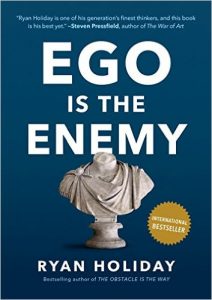 Ego Is the Enemy
Ego Is the Enemy
Ryan Holiday
Although it seems like many “geniuses” or success stories are egomaniacs (Steve Jobs, Kanye West, etc.), Holiday argues that correlation does not necessarily equal causation; a bloated sense of self is not in and of itself a factor of success. Some of the most brilliant thinkers and doers have gone through life with a level head and a quiet purpose. Though most of us don’t realize it, the ego is a quiet force that can make or break our careers, personal lives and more. Drawing on tenets of Stoic philosophy, this book heroes humility and confidence while explaining how to be realistic about aspirations, graciously maneuver successes, take failures in stride, and to ultimately take back the power of our own egos.
Biggest Takeaway:
Ego hurts us in different ways when it comes to aspiration, success, and failure. Ego can become a hurdle to aspiration in that we think we already know everything and refuse to learn more to become better. When we finally do reach success, it makes us act entitled and big-headed. In failure, it can stop us from getting back up and trying again. We can stop ego from hindering our efforts with a strong sense of purpose, dignity and persistent curiosity.
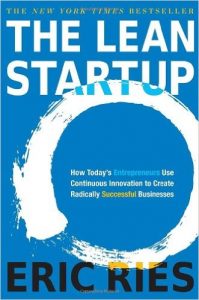 Bonus: The Lean Startup
Bonus: The Lean Startup
Eric Ries
A classic “oldie but goodie,” there is always something new to take away from Eric Ries’ foundational book on how to use continuous innovation to drive business. This book gets down to the nitty-gritty on how to quickly identify what’s working and what’s not for innovation within any company.
Biggest Takeaway:
Steer the car; don’t just tune the engine. It’s entirely possible to “achieve failure” by perfectly executing the wrong strategy, and the majority of Lean Startup is focused on helping entrepreneurs avoid this pitfall. Companies need to routinely evaluate their destination and route, and oftentimes this is doable without even needing to build the car.
The Garage Group helps corporates innovate and grow like startups.
